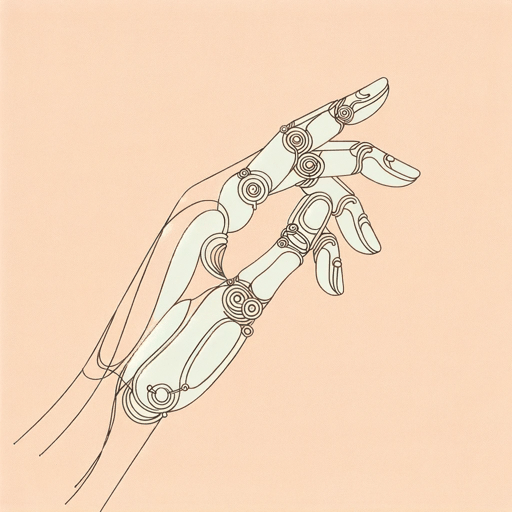25 pages • 50 minutes read
Isaac AsimovThe Last Question
Fiction | Short Story | Adult | Published in 1956A modern alternative to SparkNotes and CliffsNotes, SuperSummary offers high-quality Study Guides with detailed chapter summaries and analysis of major themes, characters, and more.
Background
Authorial Context: Isaac Asimov
Isaac Asimov, a prolific science fiction writer and biochemist, was known for his remarkable ability to blend scientific concepts with imaginative storytelling. Born in 1920 in Russia and later immigrating to the United States, Asimov was exposed to the tumultuous political and cultural shifts of his time. He became a prominent figure in the Golden Age of Science Fiction, a period from the 1930s to the 1950s characterized by the emergence of influential science fiction authors and magazines. Under the editorship of John W. Campbell, Astounding Science Fiction published stories that exhibited greater psychological depth and a stronger focus on character than previous narratives. Asimov was among the magazine’s key contributors. Prominent genres and ideas of this literary period included space opera, adventure stories, a sense of wonder, the celebration of scientific achievements, and an optimism that virtually all problems could be solved through technology. Religious and spiritual themes also appeared in many key Golden Age texts, including Ray Bradbury’s The Martian Chronicles. Many of these predominant ideas and themes appear in “The Last Question.”
Asimov often used his stories to explore complex scientific concepts, making them accessible to a broader audience. In “The Last Question,” this is evident in the central theme of entropy and the relentless pursuit of knowledge—a reflection of Asimov’s fascination with the laws of thermodynamics and the ultimate fate of the universe.
Related Titles
By Isaac Asimov

Foundation
Isaac Asimov

Foundation and Empire
Isaac Asimov

I, Robot
Isaac Asimov

Rain, Rain, Go Away
Isaac Asimov

Robot Dreams
Isaac Asimov

Someday
Isaac Asimov

The Caves of Steel
Isaac Asimov

The Fun They Had
Isaac Asimov

The Gods Themselves
Isaac Asimov

The Ugly Little Boy
Isaac Asimov

